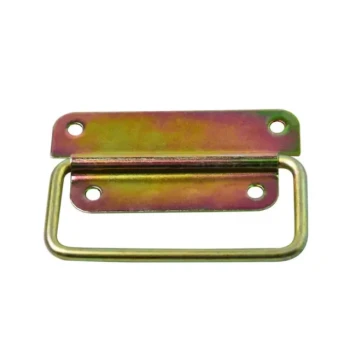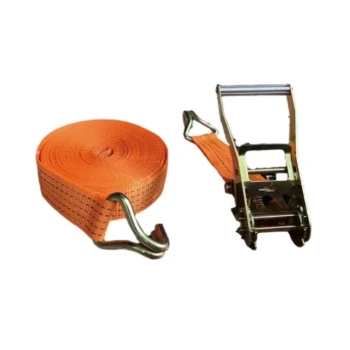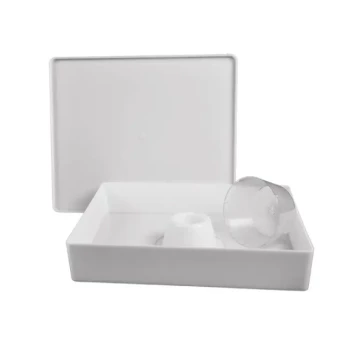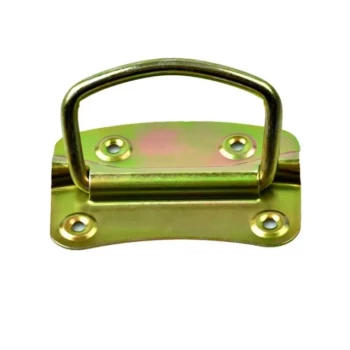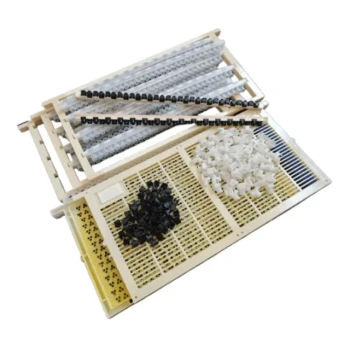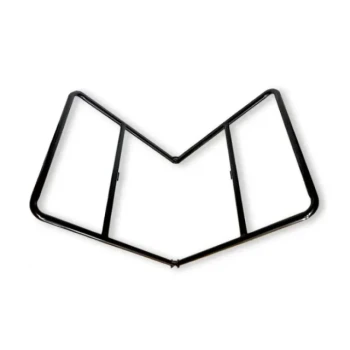No, it is not always necessary to insulate your beehives. Many strong, healthy colonies are perfectly capable of surviving cold winters without any additional insulation. However, insulation can be a critical tool that provides significant benefits, especially for smaller colonies or those located in regions with particularly harsh winters.
The decision to insulate is not about making the hive "warm," but about helping the bees maintain a stable internal environment. Proper insulation reduces the energy bees must expend on temperature regulation and, just as importantly, helps manage the dangerous buildup of internal moisture.
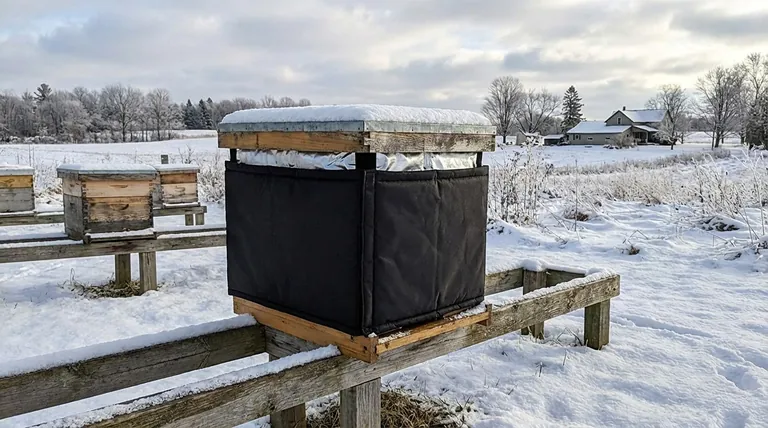
The True Purpose of Hive Insulation
Thinking of insulation as a "winter jacket" is a helpful start, but its role is more nuanced. The primary goals are to conserve the colony's energy and control condensation.
Conserving Winter Energy Reserves
Honey bees do not hibernate. Instead, they form a tight "winter cluster" and generate heat by vibrating their wing muscles, consuming their stored honey as fuel.
Insulation reduces the rate at which this heat escapes the hive. By creating a thermal buffer, you lower the energy demand on the colony, ensuring they have more honey reserves left for the critical spring build-up.
Managing Condensation and Moisture
A winter cluster releases a significant amount of warm, moist air from respiration. When this air hits a cold inner surface of the hive, it condenses into water droplets.
This condensation can drip down onto the bees, chilling and even killing them. Insulation keeps the interior surfaces of the hive warmer, raising the dew point and dramatically reducing the risk of deadly condensation.
Key Factors to Consider Before Insulating
Whether insulation is a necessity or an optional aid depends entirely on your specific situation. You must assess these three factors.
Your Local Climate
The most obvious factor is your winter weather. A beekeeper in a region with mild winters and infrequent frosts has very different needs than one in an area with months of freezing temperatures and icy winds. In severely cold climates, insulation is often considered essential for survival.
The Strength of Your Colony
A large, populous colony with tens of thousands of bees can generate a substantial amount of heat. A smaller colony or a late-season "nuc" has far less thermal mass and manpower, making it much harder for them to maintain the cluster temperature. For these weaker colonies, insulation is highly recommended.
Your Hive's Ventilation
Insulation and ventilation are two sides of the same coin. A hive needs to breathe. Assessing your current ventilation setup is a prerequisite for adding insulation, as blocking airflow can do more harm than good.
Understanding the Trade-offs: The Risk of Poor Ventilation
Improperly insulating a hive is one of the most common and dangerous mistakes a beekeeper can make. Heat is rarely the direct cause of winter colony death; moisture is the silent killer.
Why Ventilation is Non-Negotiable
Bees must have a way to exhaust the moist air they produce. Without adequate airflow, this water vapor becomes trapped inside the hive, creating a damp, unhealthy environment.
The Danger of Trapped Moisture
An insulated but poorly ventilated hive is the worst-case scenario. It traps moisture effectively, leading to rampant condensation, moldy frames, and a wet, cold environment that is fatal to the colony.
Balancing Insulation and Airflow
Effective wintering means insulating the hive body while ensuring there is a path for air to escape. This is often achieved with a small upper entrance or by propping the inner cover open slightly to create a ventilation gap at the top of the hive. Modern insulation wraps are designed to fit snugly while leaving hive entrances clear.
Making the Right Choice for Your Colony
Use these guidelines to determine the best course of action for your bees.
- If your primary focus is a large, healthy colony in a moderate climate: You can likely forego insulation, but you must ensure the hive is well-ventilated and has ample food stores.
- If your primary focus is overwintering a smaller colony or nucleus hive: Insulation is highly recommended to help them conserve the limited heat they can generate.
- If your primary focus is beekeeping in a region with harsh, freezing winters: Insulation is a crucial tool for survival and for ensuring the colony emerges strong and ready for spring.
Ultimately, thoughtful insulation is a tool to help your bees thrive, not just survive.
Summary Table:
| Decision Factor | Recommendation for Insulation |
|---|---|
| Harsh Winter Climate | Highly Recommended / Essential |
| Small or Weak Colony | Highly Recommended |
| Moderate Climate & Strong Colony | Optional (Focus on Ventilation) |
| Poor Hive Ventilation | Address Ventilation First |
Equip Your Apiary for Success with HONESTBEE
Ensure your colonies emerge strong every spring. For commercial apiaries and distributors, proper winter preparation is key to maximizing honey production and colony health. HONESTBEE supplies durable, high-quality beekeeping supplies and equipment designed for the demands of commercial-scale operations.
Let us help you build a more resilient and profitable operation. Our wholesale-focused team can provide the equipment and expertise you need.
Contact HONESTBEE today to discuss your specific needs and request a wholesale quote!
Visual Guide
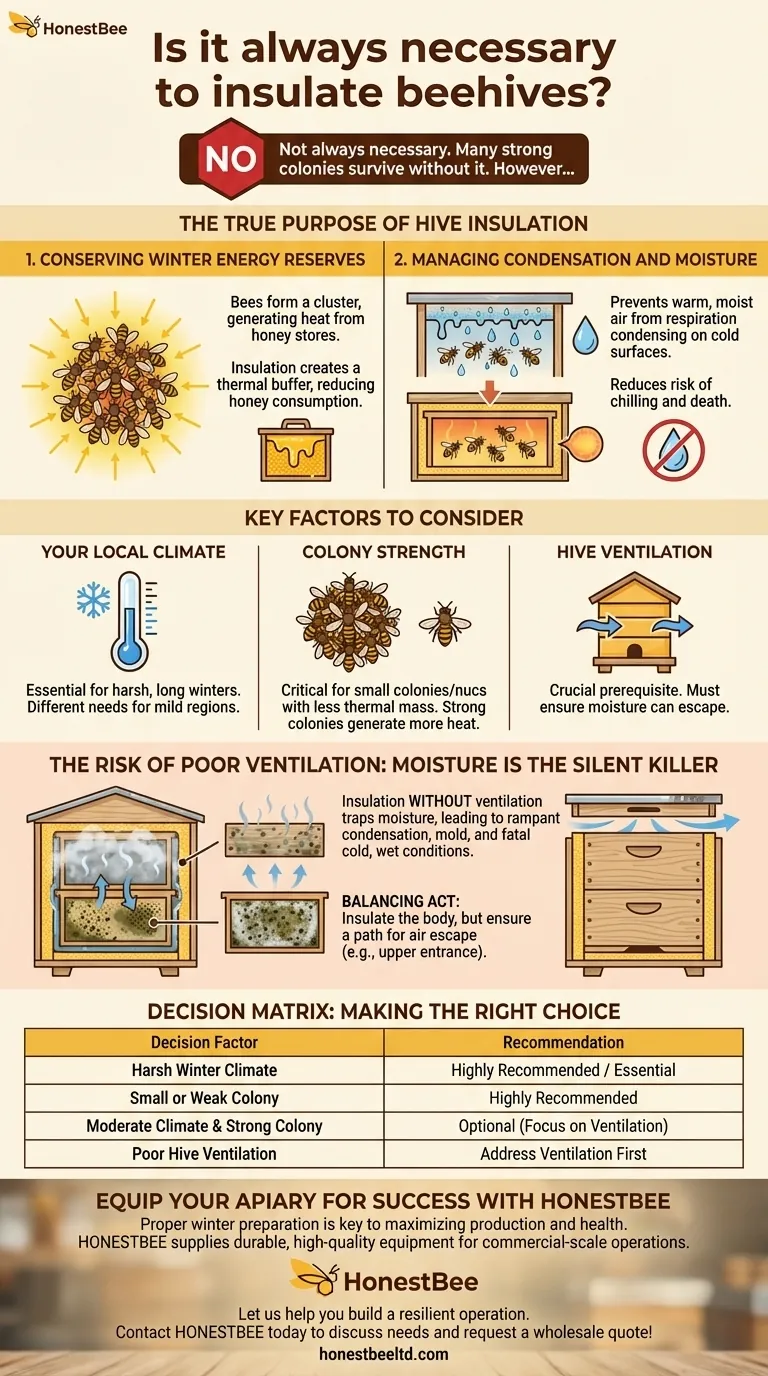
Related Products
- Professional Insulated Winter Hive Wrap for Beekeeping
- Professional Galvanized Hive Strap with Secure Locking Buckle for Beekeeping
- HONESTBEE Professional Long Handled Hive Tool with Precision Cutting Blade
- Professional Drop-Style Hive Handles for Beekeeping
- Heavy Duty Ratchet Hive Strap
People Also Ask
- Why is the application of professional overwintering auxiliary materials necessary? Secure Your Commercial Honey Yield
- Why is a black Corrugated Polypropylene wrap used in overwintering? Maximize Hive Heat and Protection
- Why regulate Screened Bottom Board ventilation in winter? Optimize Bee Heat Retention and Colony Survival
- What are the primary benefits of insulating a beehive for the winter? Boost Survival and Honey Yields
- Why is additional filling insulation used in bee boles located in severely cold regions? Survival Strategies for Bees
- How does an insulated cover box for beehives improve colony performance? Boost Yields with Advanced Thermal Shielding
- Why is upward airflow ventilation necessary in a winterized beehive? Prevent Lethal Moisture and Save Your Colony
- What is a common misconception about using hive insulation in warm climates? Protect Your Bees from Extreme Summer Heat



